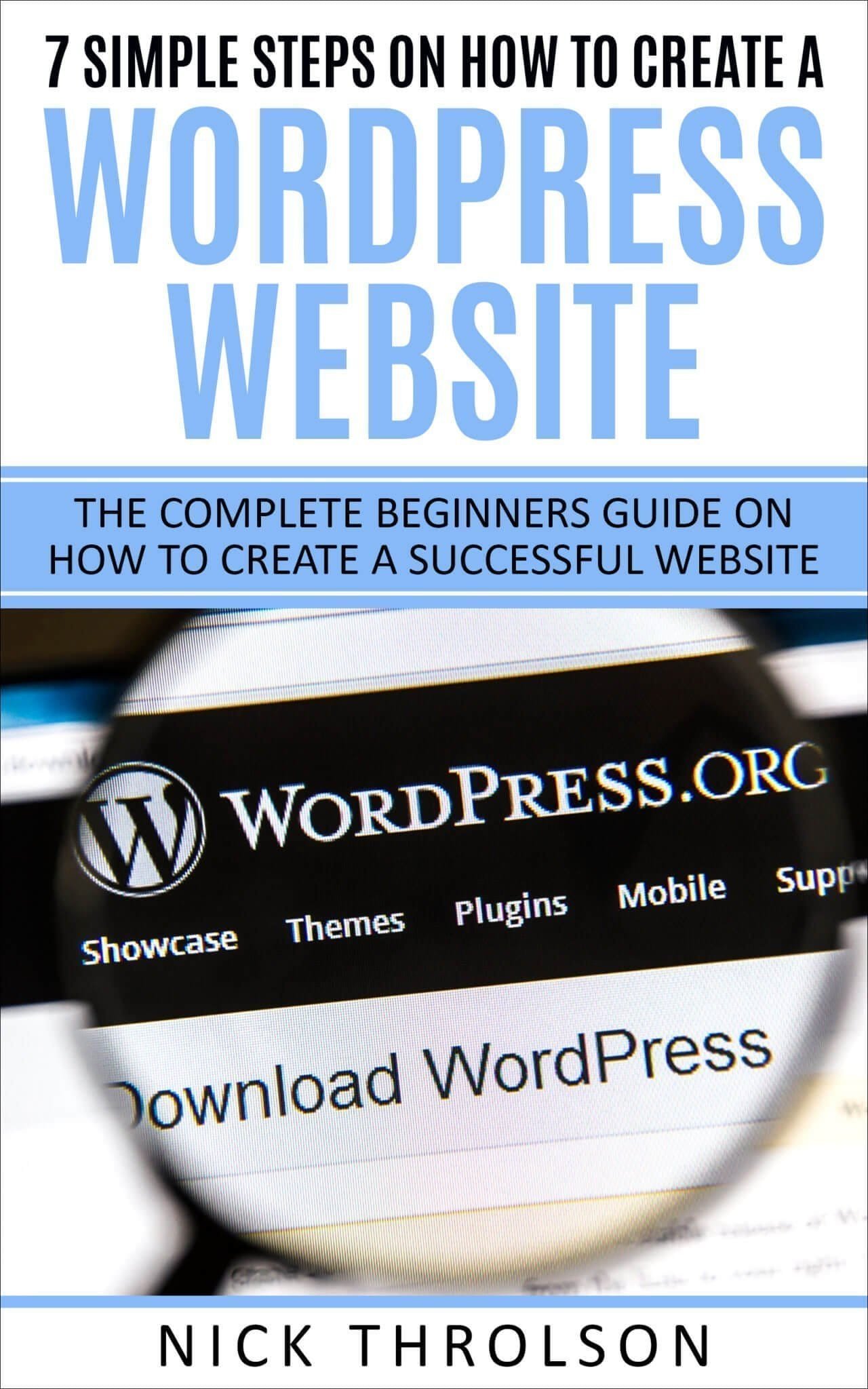Ecommerce has traditionally been dominated by giants like Amazon, Walmart, and eBay. These general marketplaces sell everything from household goods to high-end electronics. But a quieter shift is happening. Niche marketplaces, which focus on a specific product category or target audience, are emerging as serious players in the online retail world.
Whether it's a site for handmade pet accessories or eco-conscious skincare, niche platforms are becoming the preferred choice for shoppers who want quality, expertise, and a more personal experience.

Via Pexels
What Makes Niche Marketplaces So Effective?
General marketplaces rely on volume and variety. Niche marketplaces, on the other hand, prioritize focus and relevance. This creates a more curated experience for the customer and a better environment for sellers.
When shoppers land on a site dedicated to a particular interest, they are more likely to trust the offerings and find what they need without the clutter. At the same time, sellers avoid getting buried among thousands of unrelated listings and reach an audience that is already interested in what they are selling.
Take a custom board game maker, for example. On a general platform, their product might get lost in a sea of toys and games. On a niche marketplace for tabletop gaming, it stands out and finds the right buyers.
Building Trust Through Focused Branding
One of the key advantages of niche marketplaces is their ability to build trust. When a platform is known for one category, like vegan beauty products or handmade home decor, it becomes a trusted source rather than just another store.
Shoppers believe the products have been carefully chosen. They assume the brands align with their values. This kind of focused branding builds loyalty and encourages repeat business.
It also extends to the backend. During the various stages of web development—including development, staging, and production—a niche ecommerce platform can integrate specialized tools that enhance user experience and support seamless deployment. This might include interactive guides, personalized filters, or product comparison tools that are highly relevant to the category.
Lower Ad Spend, Higher Engagement
Another benefit is that niche marketplaces often achieve strong customer engagement with lower advertising costs. Because they serve a clearly defined audience, they can grow through word-of-mouth, social sharing, and community involvement.
Customers are more likely to return, recommend the site to friends, and follow the brand’s journey. This reduces the need for expensive ad campaigns and improves long-term profitability.
Niche Can Still Mean Big
There is a common belief that niche means small, but that is not always true. Many niche markets are worth billions of dollars globally. Think of the demand for sustainable living products, artisan foods, or athletic footwear. What starts as a focused platform can scale quickly if it delivers consistent value.
Even large brands are exploring this space. Some are investing in or creating niche marketplaces to access highly engaged communities without diluting their core brand.
Final Thoughts
The future of ecommerce is not just about being bigger. It is about being smarter and more connected to the customer. Niche marketplaces offer a powerful way to build meaningful relationships, create value, and grow sustainably. In a crowded market, focus is not a limitation. It is an opportunity.



